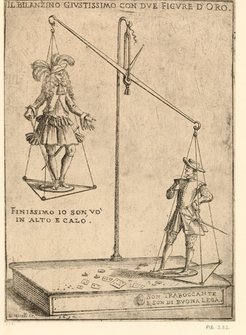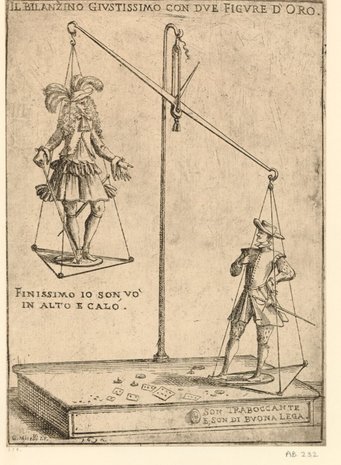Inequality and the Passions in Seventeenth-Century Europe
Stephen Cummins

This project explores the relation between affective life and social hierarchies in early modern Europe, with a major focus on Italy and England in the seventeenth century.
Through the topics of masculinity, rationality and nobility it traces how the discourses and experiences of the passions were indelibly marked by social relations. Nobility and social distinction was not composed only by wealth or status but also by differing emotional styles. Rationality and reasonableness was associated with masculinity and particular forms of social status. Religious emotions and hierarchies played a central role in these fields.
Distinctions did not go without challenge and this project also explores contests and social rupture such as for example, the Neapolitan revolution of 1647-8 and the English Civil Wars. The project also tracks how social inequality produced certain emotional reactions in moments of confrontation and conflict. This project, then, probes the joints and rifts between social history and the history of emotions. In so doing, it opens new perspectives on the early modern passions and social distinction.
